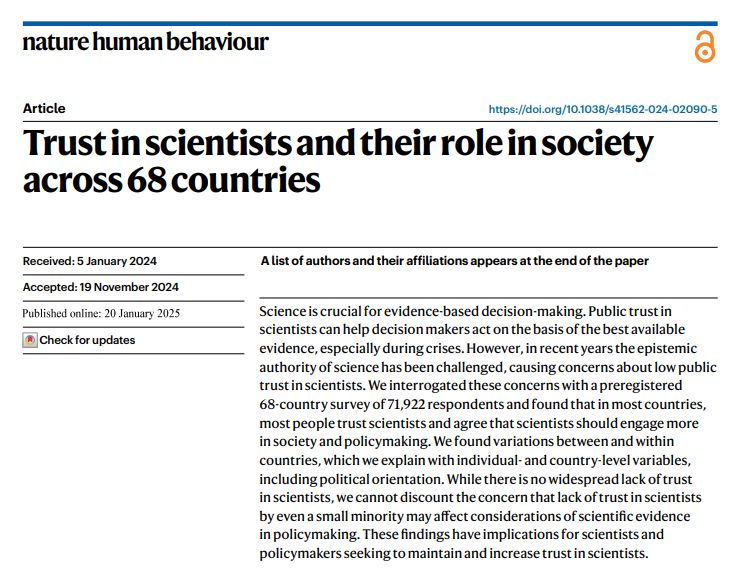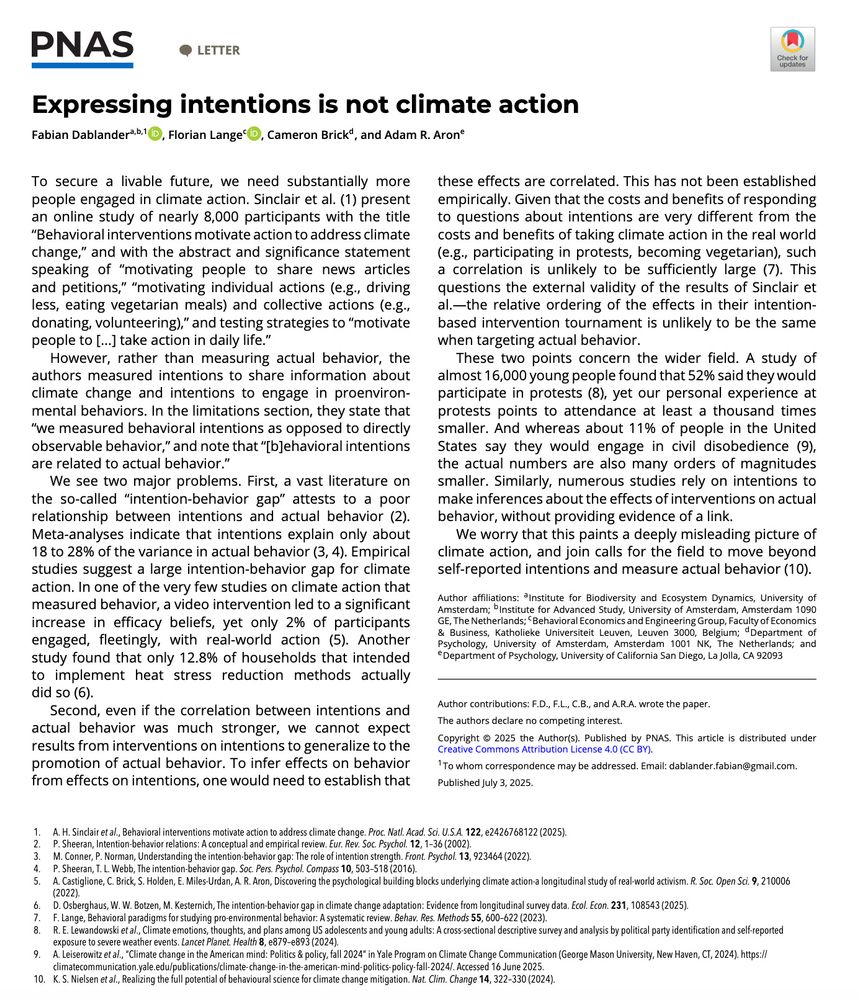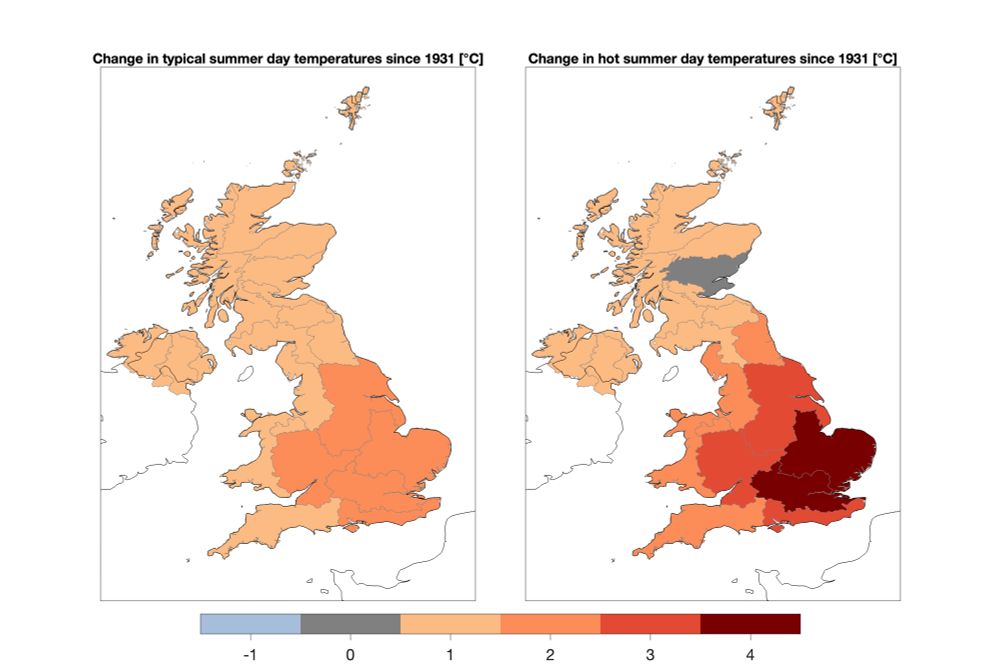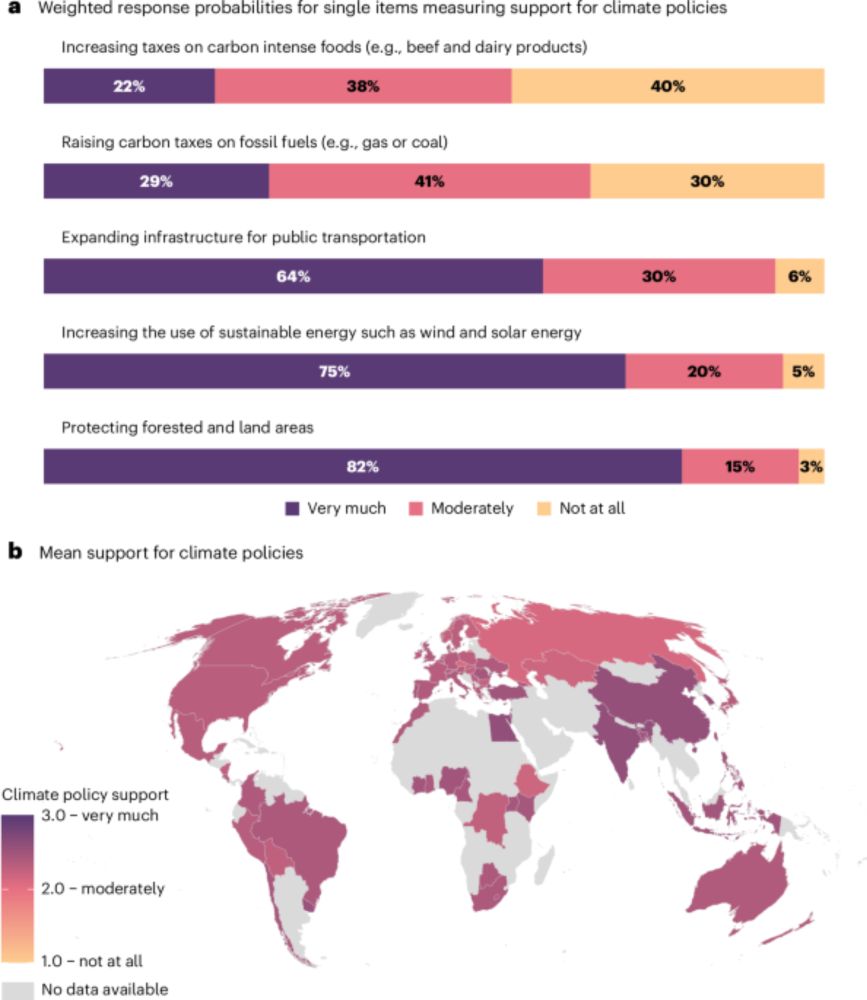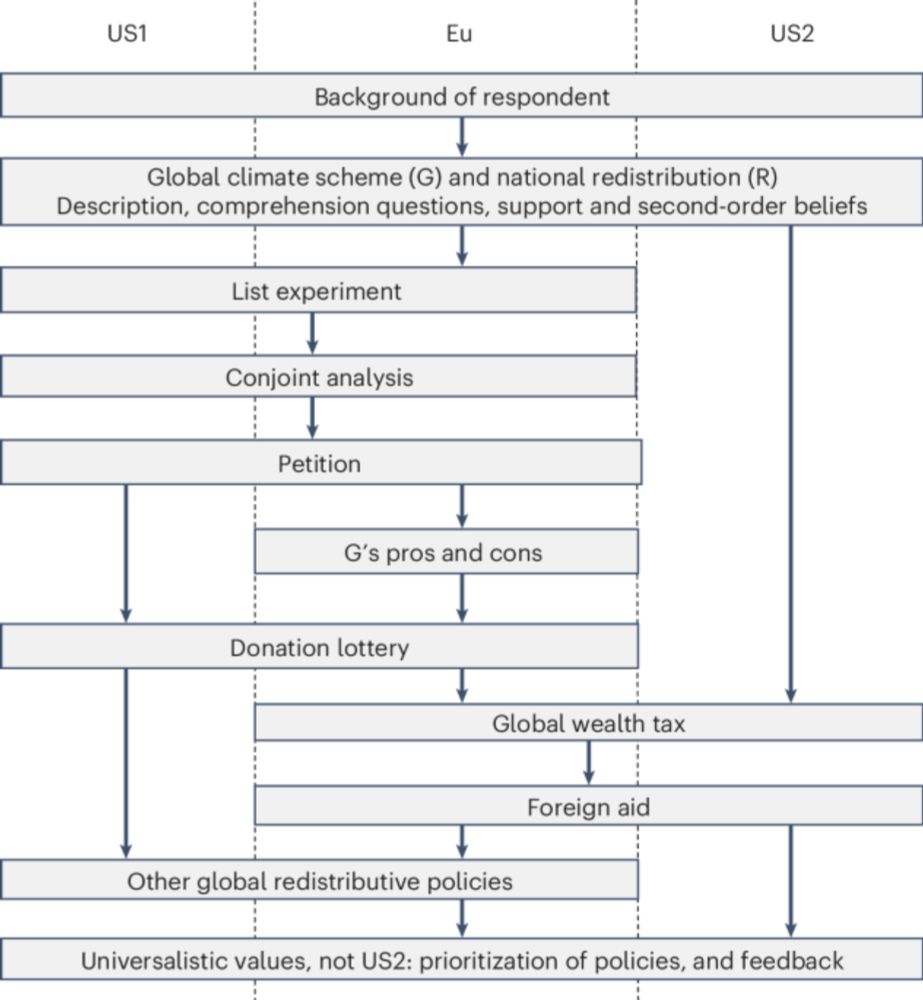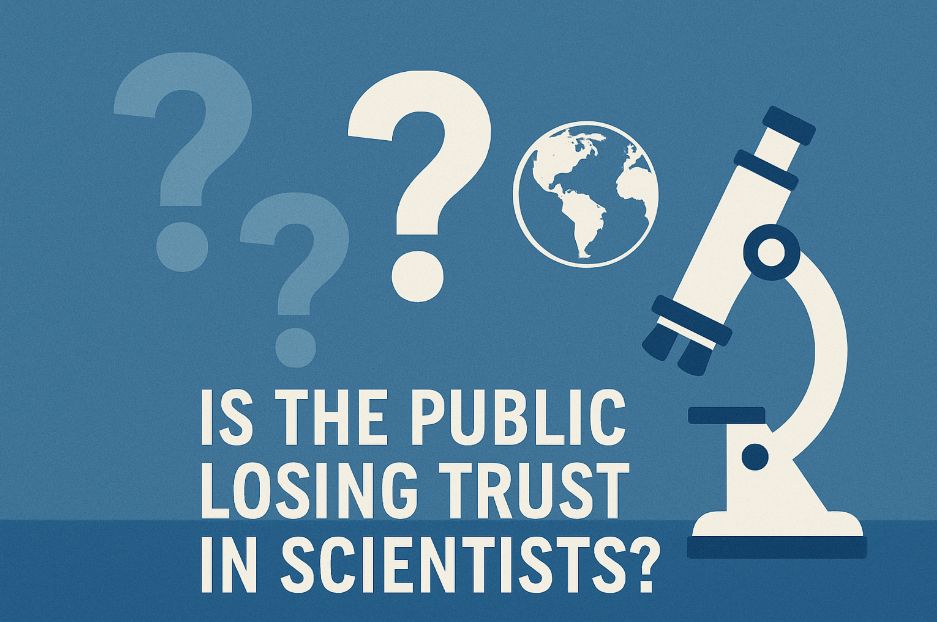Viktoria Cologna
@colognaviktoria.bsky.social
4.9K followers
410 following
72 posts
Group leader - EawagㅣPreviously at Harvard & ETH ZurichㅣTrust in science, science-policy interface, environmental psychology
Posts
Media
Videos
Starter Packs
Pinned
Reposted by Viktoria Cologna
Jan Pfänder
@janpfa.bsky.social
· Sep 5

Quasi-universal acceptance of basic science in the United States - Jan Pfänder, Lou Kerzreho, Hugo Mercier, 2025
Substantial minorities of the population report a low degree of trust in science, or endorse conspiracy theories that violate basic scientific knowledge. This m...
doi.org
Reposted by Viktoria Cologna
Reposted by Viktoria Cologna
Reposted by Viktoria Cologna
Reposted by Viktoria Cologna
Reposted by Viktoria Cologna
Reposted by Viktoria Cologna
Reposted by Viktoria Cologna


